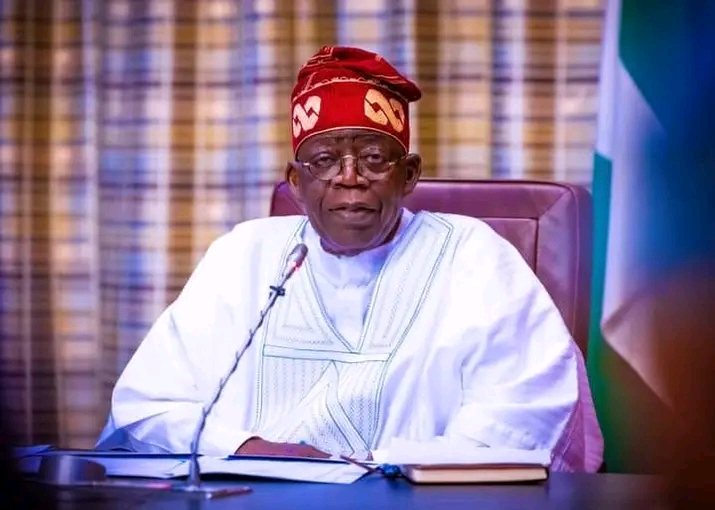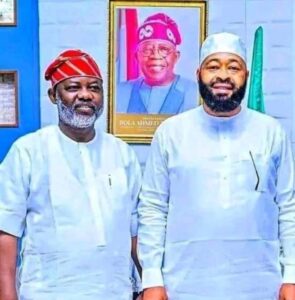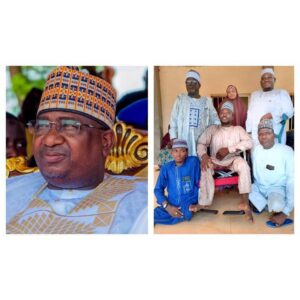
By Saad Umar
The first 100 days in office matter, argued Professor Ngaire Woods, in her piece: “Why the first hundred days in office matter.” The concept is a quick reminder of the transiency of tenured presidency and can be used to assess the first success of a president. As the saying goes, well begun is half done.
Woods concluded by urging “leaders [to] use their first 100 days in office to demonstrate their ability to … inspire and motivate public servants, and maintain the support of their own supporters and political allies.”
Every government needs an inspired and motivated public servants – they do the job. However, the public servants seem uninspired and unmotivated on the first 100 days of Tinubu. Indeed, It’s fair to say workers are mad with Tinubu. Thus they marked the first 100 days with a strike action on September 5. The strike’s against the hardships caused by government policies that tripled the petrol pump price – from about ₦200 per litter to over ₦600. Ominously, this week, newspapers report petrol marketers saying the prices could quadruple soon unless subsidy is restored.
Ironically, Idris Malagi, the minister of information, included the subsidy removal and floating of the Naira in the achievements of Asiwaju in his first 100 days, describing the policy as a bitter pill Nigeria must swallow to cure its economic sickness. But critics disagree, describing it as a poisonous pill that kills Nigerians bit by bit. Undoubtedly, early results confirm the point of the critics. For instance, BBC reports that the policies have “sent the economy into a tailspin.”
I love Tinubu, I campaigned for him and voted for him. He still enjoys my support. But I think he shouldn’t be giving his two ears to the neoliberals nudging him on hardship path. Asiwaju should give the right ear to another point of view of bringing prosperity to Nigerians while killing poverty. Subsidies aren’t bad for Nigeria. Wallahi!
In Kicking Away the Ladder, Haa-Joon Chang asserts that “Almost all of today’s rich countries used tariff protection and subsidies to develop their industries.” America’s still subsidizing energy.
China’s the biggest economy in the world behind US. How did it succeed? By doing what the neoliberals having the ears of Tinubu are telling him not to do: “maintaining subsidies, state ownership, currency management…” according to Dani Rodrik Professor of International Political Economy, Havard Kennedy School.
Besides, Joseph Stiglitz, In his recent article: “Inequality and democracy,” criticized neoliberal capitalism for being responsible for the “erosion of democracy” and inequality amongst other socioeconomic ills.
Noam Chomsky had highlighted this fact years ago, writing that the neoliberal free market policies dictated by the West have created extreme misery and despair in third world countries while enriching few wealthy individuals and foreign investors. Yeah. Investors.
China’s Xi Jinping echoed Chomsky in his speech read by his commerce minister at BRICS meeting in South Africa. He accused the West, or just US, of crippling the “emerging markets and developing countries” by imposing on us neoliberal policies that have sent our “economy into tailspin.” Regardless, the world is what it is. Tinubu should negotiate with the West in order to allow us use homegrown solutions to our economic problems while protecting their interests.
Lastly, the first 100 days in office has its origins in FDR’s presidency. FDR, America’s 32nd President, sowed the seed of the New Deal in his first 100 days. The seed bore fruits of welfarism to the merriment of America and Americans. Asiwaju should learn from FDR, neuter neoliberals around him and run a government that’s responsive more to the citizens than to the rich or corporations. He will be rewarded with wins like FDR whom Americans couldn’t stop voting for.
We’re pleased Asiwaju has passed the first milestone, biting the bullet to creat prosperity and eliminate poverty, but we’re also feeling the pain of his policies.
Saad, a lawyer is the Acting Chairman of APC Publicity Committee, Bauchi State and former Director-General of BASEPA.


